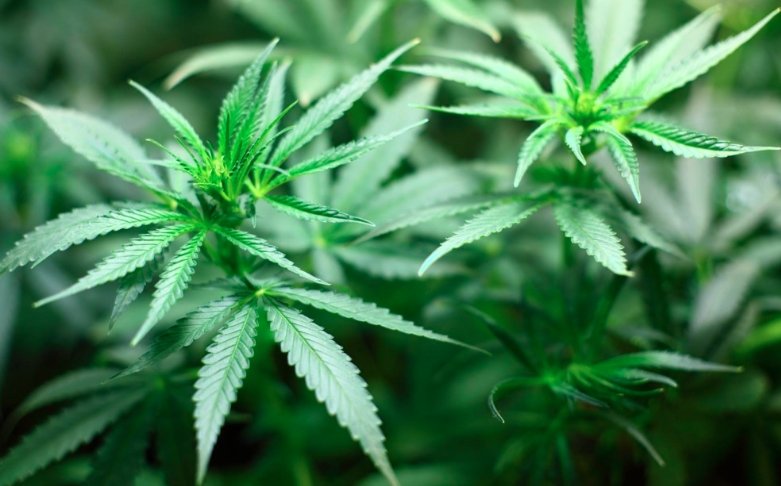The U.S. Food and Drug Administration (FDA) has approved a rare clinical trial examining cannabis as a treatment for post-traumatic stress disorder (PTSD) in veterans. The decision has sparked interest in the potential benefits for both veterans and the cannabis sector, with the study possibly paving the way for broader cannabis use and market growth in the future.
Background of the Study
The study, led by the Multidisciplinary Association for Psychedelic Studies (MAPS), will focus on 320 veterans suffering from moderate to severe PTSD. The $13 million trial, funded by the Michigan Veteran Marijuana Research Grant Program, is designed to investigate the therapeutic effects of high-THC dried cannabis flower compared to a placebo. Participants will self-titrate their daily dose of cannabis, allowing them to manage their consumption in a way that mirrors real-world use.
This is significant because cannabis remains classified as a Schedule I drug under federal law, meaning it is considered to have no accepted medical use, alongside substances like heroin and LSD. Despite this, the FDA has recognized the urgent need for more treatment options for PTSD, especially given the number of veterans impacted. Roughly 7% of veterans suffer from PTSD, translating to around 1.1 million individuals in the U.S. who may benefit from alternative treatments.

Potential Impact on the Cannabis Industry
The approval of this study could have far-reaching implications for the cannabis industry. If the research demonstrates positive results, it could open the door for wider acceptance of cannabis as a legitimate medical treatment for PTSD. This, in turn, could influence the U.S. cannabis market, which has faced stagnation due to the ongoing federal legal ambiguity surrounding cannabis rescheduling and legislative support.
The study’s results, while not expected for several years, could significantly impact the cannabis sector. A favorable outcome could stimulate investor interest and provide a boost to cannabis stocks, particularly those listed in the AdvisorShares Pure U.S. Cannabis ETF (MSOS), which has seen a 34.8% drop in 2024 amid federal policy delays and lack of progress on bills like the SAFER Banking Act. On the other hand, a negative result could have the opposite effect, potentially dampening investor confidence.
Challenges and Criticism
While the cannabis industry celebrates the FDA’s decision, the study has not been without its challenges. MAPS faced multiple obstacles in gaining approval, including five partial clinical hold letters from the FDA, which raised concerns about the proposed THC dosage, the smoking method, and the enrollment of participants who were unfamiliar with cannabis. To address these concerns, MAPS agreed to include only veterans with prior cannabis experience.
Some medical professionals remain skeptical about the efficacy of cannabis for treating PTSD. Harold Kudler, an associate professor of psychiatry at Duke University, expressed doubts, citing past studies that showed limited benefits. However, he supported the FDA’s decision to allow further research, recognizing the importance of exploring all potential treatments for veterans.
Broader Cannabis Policy Shifts
The study’s approval comes amid broader signs that the U.S. may be moving toward more favorable cannabis policies. In 2023, the Biden administration proposed moving cannabis to a Schedule III drug, a less restrictive category, a process currently pending with the Drug Enforcement Administration (DEA). Additionally, with President-elect Donald Trump appointing Robert F. Kennedy Jr., a supporter of federal cannabis legalization, to head the Department of Health and Human Services, further federal movement on cannabis issues may be on the horizon.
The Future of Cannabis Legalization
While the approval of the PTSD study is a milestone, cannabis legalization remains in limbo in many states. Cannabis has been legalized for recreational use in 25 states, while 38 states have medical-use programs. However, federal legalization remains uncertain, as seen in Florida’s rejection of a recreational cannabis measure in November 2024, despite backing from Trump. On the other hand, Nebraska voters approved the launch of a medical cannabis program in the same election.
The cannabis industry, especially stakeholders in medical cannabis, will be watching the PTSD study closely. Its findings could influence public opinion and regulatory approaches toward cannabis use in therapeutic contexts, with the potential to reshape the legal landscape in the years to come.



